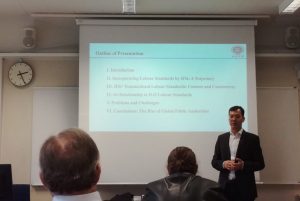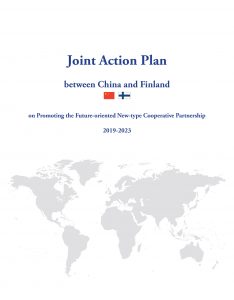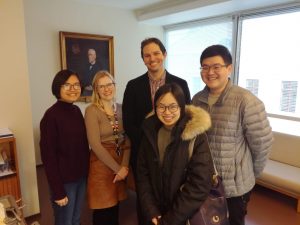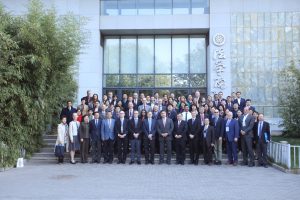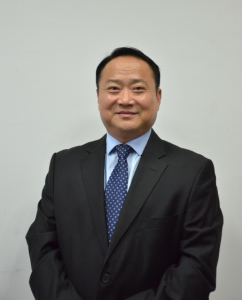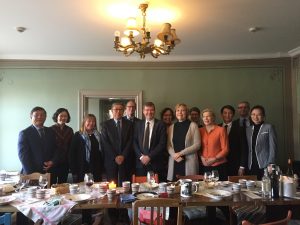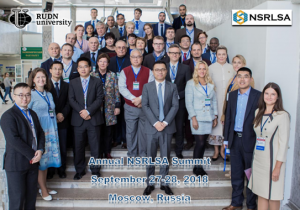*Important update: The Finnish China Law Center informs that Mr. Jani Mustonen is not working with us from 01 July 2019. For any inquiries regarding the Center, please contact us directly at chinalawcenter@helsinki.fi.
The Finnish Center of Chinese Law and Chinese Legal Culture is pleased to introduce its new Coordinator, Mr. Jani Mustonen.
A Mandarin speaker, Jani originally started studying Chinese language at the University of Helsinki. Jani holds a bachelor’s degree in East Asian studies from the University of Helsinki and has obtained his master’s degree from the University of Vienna, Austria, in the program of East Asian economics and politics. Jani wrote his master’s thesis on the privatization of state-owned companies in East Asia with the aim of entering international banking and business.
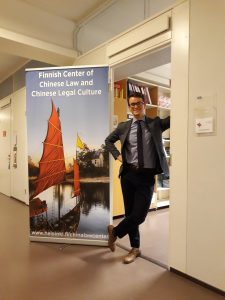
However, Jani’s plans were quickly redrawn after having started working at the Embassy of Finland in Beijing. “Public diplomacy won my heart over” says Jani. “I initially thought of staying at the Ministry only for a short while but ended up staying for six years working for political, commercial and consular departments.”
Jani has lived in China altogether for seven years but is happy to be back on Finnish soil. “I am very pleased to be able to put my work experience to good use here at the University. There is a lively and youthful atmosphere here and, in a way, it feels like coming back home. I still eat my lunch where I used to 14 years ago.”
“It’s a very exciting time to be working as the coordinator at the center”, Jani says. “My predecessors have done an incredible job in raising the center’s profile. The hard work has paid off handsomely, proof of which is the center’s role in the Sino-Finnish joint action plan.”
Jani replaces the center’s previous coordinator, Mr. Stuart Mooney. “Stuart’s contributions to the center were tangible and I have been quite impressed with the center’s development. We have been recognized by the highest level of government which gives us credibility and a solid base on which to build future activities. In the long term, I see growing demand for stronger synergies with other Nordic universities with regards to understanding Chinese legal system and cooperating with Chinese universities. I would like to work toward this goal.”
The center welcomes all inquiries, potential collaboration, and questions about bilateral Sino-Finnish legal issues. Based in the Faculty of Law, University of Helsinki, the center can be contacted either at chinalawcenter@helsinki.fi or jani.mustonen@helsinki.fi

